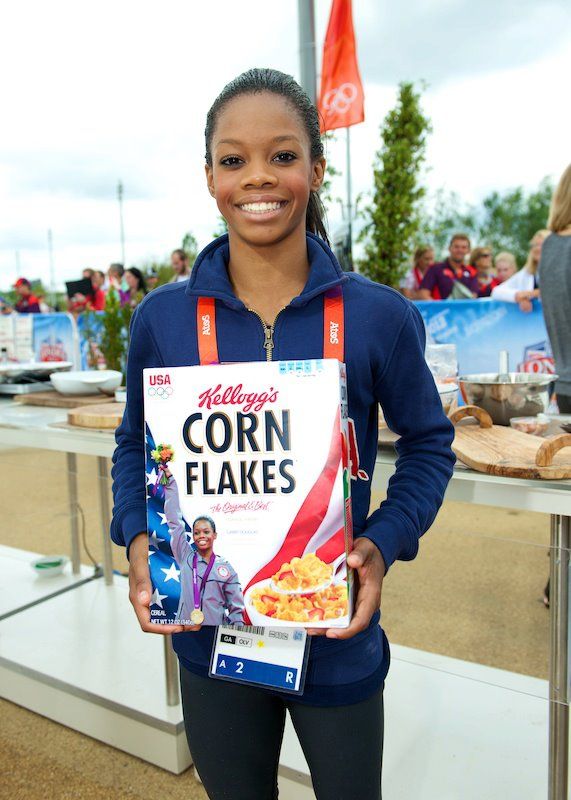The
ESPN 30 for 30 Film entitled “Broke” aired tonight, ironically the same day TMZ
reported that Michael Vick has spent $29 million dollars since filing for bankruptcy
in 2008. Most of Vick’s money is being
spent paying back the debt he incurred from the dog fighting case, but his
reality is like many of the athletes featured in the film. My friends probably think I might consider
utilizing this film in my class because 30 for 30 films are currently
integrated into my course curriculum, but not this film. This film will be more useful to me when I am
facilitating player development with teams or individual athletes. There are 30 for 30 films that are useful in
my class because they address some of the broad topics we cover in sport
sociology but others that are designed to speak to individuals. This is that film.
As
stated in the film, “that’s not going to be me” is the detrimental mentality
that makes some players great athletes but leave most left by the wayside. As a sport sociologist and aspiring player
development specialist, I believe that my job is to offer players the
alternative perspective to what “not going to be them” looks like. What I know for sure, is that you are not
going to convince an athlete that there is a possibility they might not make it
to the league, or that they could be filing bankruptcy after their first year
in their respective sport. In a world
that convinces these young men and women that they are superhuman, anyone who
comes along and tells them any different will for sure be overshadowed. So, I agree, “that’s not going to be you” and
this is how we are going to make sure that it’s not.
The
NFL and NBA both host rookie symposiums in hopes to prepare these players for “life”
in the professional league. I am sorry
to say that these programs are ineffective mostly because it is simply too
late. Once they sign those contracts I believe
invisible ear plugs form and all reason is blinded by the cars, big houses, and
jewelry. Half the money these young men
are going to make has already been spent before they even make it to the rookie
symposium. I mean, think about how the
average person manages their money. I am
sure that you have said at one point or another, “that paycheck is already
spent”. I think the reason players are
not prepared for the professional life prior to rookie symposiums is the detrimental
philosophy of athletic and academic institutions that we should not prepare for
the unknown. This means, we do not want
to have a professional athletics major because it is not considered a
career. I hope films like this will
start people considering the necessity for a professional athletics major. Worst case scenario, if they do not achieve a
professional athletic career at least they are well educated in the areas of
business, financial management, sociology, and many other important areas of
life. I will save my campaign for a
major in professional athletics for another blog.
I
continue to stand behind the belief that the same pitfalls that professional
athletes face with being millionaires is simply amplified compared to many
others who make the same mistakes. I
actually believe that it is possible for professional athletes to support their
friends and families, make investments, and experience the finer things in
life. The way to make this happen is to
first accept the fact that these things are going to occur. How are you going to tell a professional athlete
he cannot buy a house for his/her parents?
I know when I start making money it is going to be my first major
purchase. The goal is to sit down with
them and budget their desired purchases with them. The real problem is that these athletes are
not a part of the financial planning process as it is taking place. I believe this problem would improve significantly
if a player is allowed to consider desired purchases with a more hands on
approach as opposed to the hands off system or simply being told you cannot
help your friends and family.
This
film did a great job of covering the variety of ways that professional athletes
are left broke after their athletic career.
I hear too often the blame being placed on friends and families who are
taking advantage of these young men. I
hope that most viewers will not focus their attention on the portion that reinforces
this narrative about “groupies”, baby mamas, and ex-wife “gold-diggers”. For me, this film was about choices and as an
undergraduate college mate of mine presented to me, sometimes “choiceless
choices”. At the end of the day, we
cannot just watch these films and hold them totally responsible or blame the
people they associate with. Well we
could, but I chose to consider ways that we can help these young men be
productive members of society. Not
waiting until it’s too late before we begin to educate them about the wonderful
and detrimental experiences that playing in the professional league can bring
should be our goal. Starting with
college athletes would be a good change but teaching your sons and daughters
would yield greater results.
Finally,
I want to draw your attention to the fact that this film was completely focused
on male athletes. While there are
several female professional athletes who face financial challenges, we have to
recognize their story is a completely separate conversation. The income disparities that exist in
professional sports are consistent with those in the broader society. A conversation about women and “Broke” would
probably look like a very different film.









